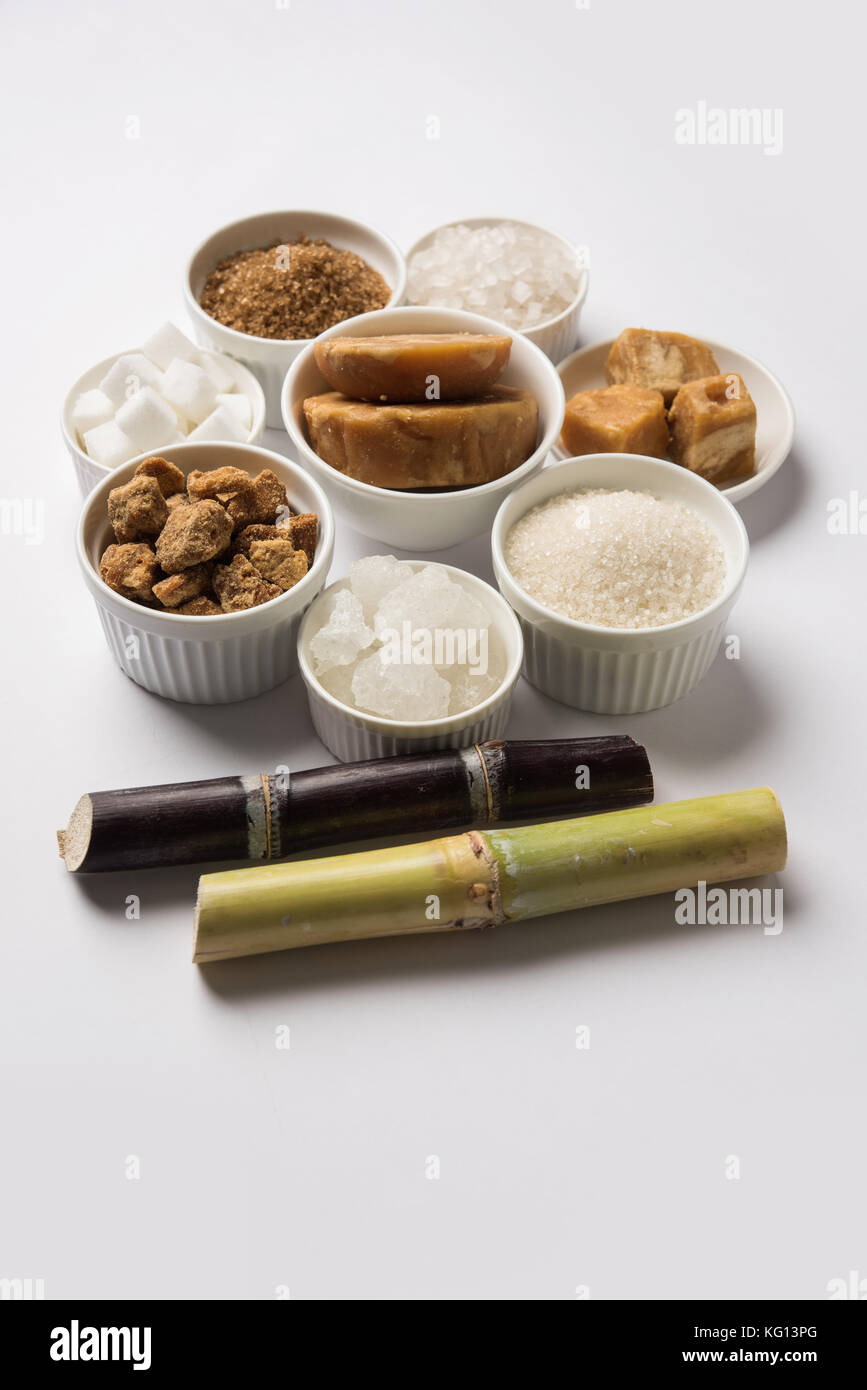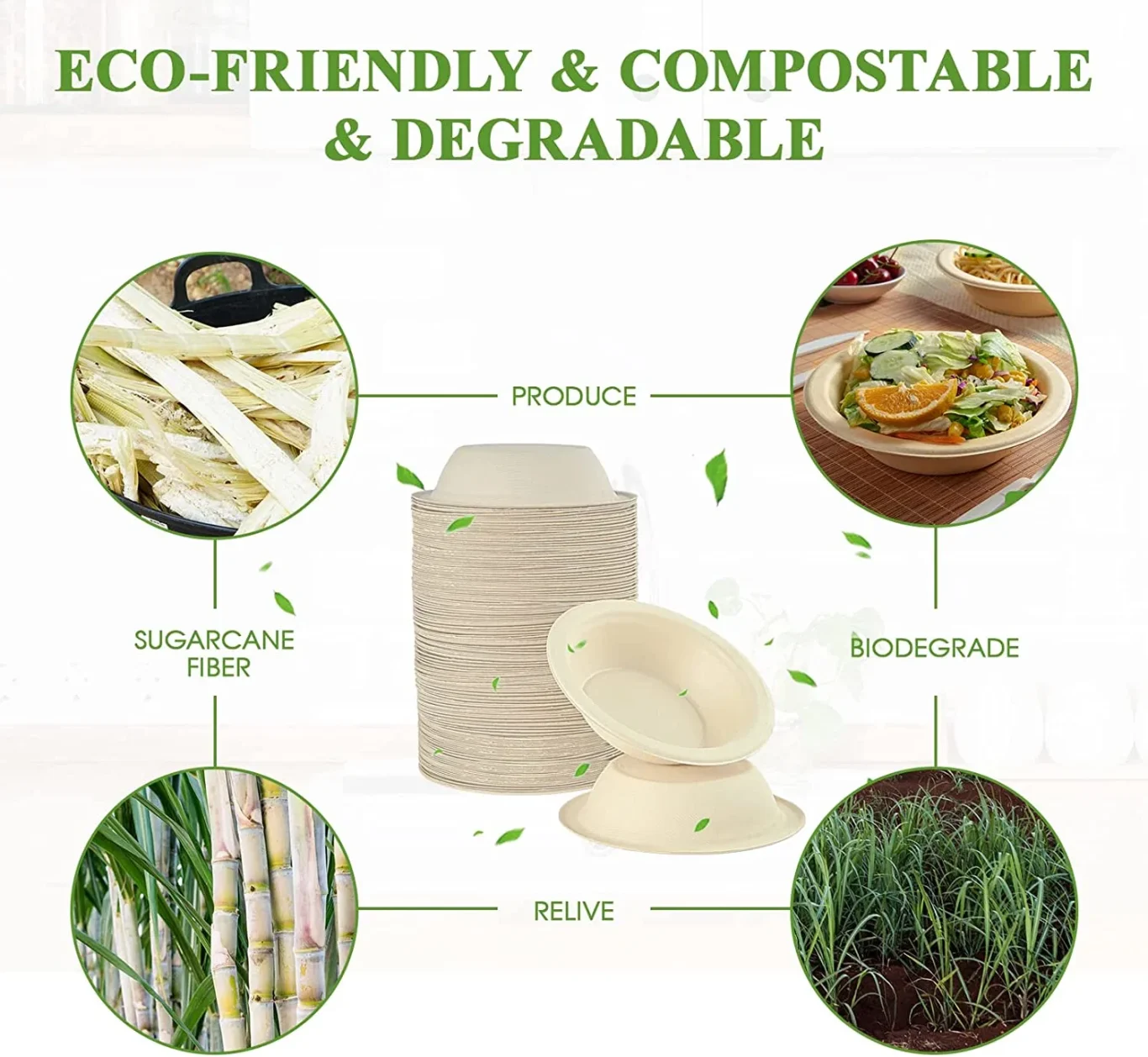Sustainable Sugarcane Products: From Sweeteners to Eco-Friendly Goods
The capacity of sustainable sugarcane items prolongs past standard sweeteners to encompass an array of environmentally friendly items, presenting an engaging case for their assimilation into modern-day consumer methods - sugarcane product. As the globe grapples with pressing environmental issues, sugarcane becomes a flexible source with the ability of dealing with both dietary needs and sustainability goals. This conversation will explore just how technologies in sugarcane cultivation and handling can bring about considerable developments in naturally degradable packaging and eco-conscious fabrics. What effects might these developments have for future consumer choices and ecological impact?
Summary of Sugarcane Sustainability
As the demand for eco-friendly products expands, understanding sugarcane sustainability comes to be significantly important. Sugarcane, a functional crop, is grown largely in subtropical and exotic regions, and its sustainability is essential for both environmental wellness and financial viability. Lasting sugarcane farming methods concentrate on minimizing eco-friendly influence while optimizing efficiency and profitability.
Key aspects of sugarcane sustainability consist of effective land usage, lowered chemical input, and boosted water monitoring. Practices such as crop turning, incorporated pest administration, and natural fertilization add to dirt health and wellness and biodiversity. In addition, innovative technologies, such as accuracy agriculture, help enhance resource use and minimize waste.
In addition, sugarcane is an eco-friendly source, with spin-offs that can be utilized in various sectors, from biofuels to eco-friendly plastics, thus decreasing reliance on nonrenewable fuel sources and diminishing carbon impacts. Certifications like the Bonsucro conventional urge lasting practices throughout the supply chain, promoting openness and liability.

Sugarcane-Based Sugar
Utilizing sugarcane as a key source, sugarcane-based sweeteners have gotten importance as natural alternatives to fabricated sweeteners and polished sugars (sugarcane product). These sweeteners, obtained from the extraction and processing of sugarcane juice, provide a variety of products that provide to varied customer choices, consisting of natural and minimally processed choices
Raw walking cane sugar preserves even more of the all-natural tastes and nutrients found in sugarcane, making it a popular option for health-conscious customers. Panela, a conventional Latin American sugar, is generated by evaporating sugarcane juice, maintaining its all-natural minerals and vitamins.
The growing need for sugarcane-based sugar is driven by raising recognition of health and sustainability problems related to standard sweeteners. By picking sugarcane-derived items, customers not only sustain sustainable farming methods yet also contribute to a healthier lifestyle, straightening their dietary options with their environmental values.
Biodegradable Packaging Solutions
Emerging as a sensible alternative to standard plastics, biodegradable packaging options originated from sugarcane are transforming the product packaging industry. These cutting-edge materials give an ecologically pleasant option that resolves the expanding issues over plastic air pollution. Using the all-natural sugars located in sugarcane, makers are establishing different types of naturally degradable packaging, including films, containers, and wraps that decay extra rapidly than traditional plastics.
The primary advantages of sugarcane-based product packaging lie in its renewable sourcing and its ability to break down right into non-toxic by-products. Unlike fossil fuel-derived plastics, which can persist in the environment for centuries, sugarcane product packaging generally decomposes within a few months under appropriate problems. This decrease in waste not only mitigates landfill overflow however likewise reduces the carbon footprint connected with packaging products.
Moreover, sugarcane-derived packaging maintains robust efficiency features, providing equivalent toughness and capability to standard options. As consumers and companies progressively focus on sustainability, the fostering of biodegradable product packaging services represents a considerable step towards a circular economic climate, where materials are recycled and regenerated instead than discarded. This change not only improves brand photo yet likewise adds to a much more sustainable future for the earth.
Eco-Friendly Textiles and Fabrics
Environment-friendly textiles and fabrics are gaining traction in the fashion and home goods sectors as customers increasingly demand lasting choices to standard products. Amongst the remarkable options are fabrics obtained from sugarcane, which use an environmentally liable choice to synthetic fibers. These fabrics are produced through a procedure that utilizes the renewable energies located in sugarcane, substantially minimizing dependence on petroleum-based materials.

Brand names are increasingly incorporating green fabrics into their line of product, showing a broader dedication to sustainability. This change is not simply a trend however a necessary development in response to environmental worries. As the market for sustainable fabrics increases, consumers can anticipate cutting-edge layouts that incorporate style with ecological responsibility. Eventually, environmentally friendly fabrics and textiles stand for a considerable step towards minimizing the garment industry's ecological impact while satisfying the growing demand for responsible consumer selections.
Advancements in Sustainable Farming
Changing agricultural techniques, technologies in sustainable farming are transforming the method plants are expanded and taken care of. These advancements focus on decreasing ecological impact while making best use of efficiency and productivity.

Furthermore, agroecology, which integrates environmental concepts into farming, promotes biodiversity and soil wellness. Practices such as plant turning, cover cropping, and intercropping foster resistant ecological communities that can stand up to parasites and environment variants - sugarcane product. Furthermore, making use of natural fertilizers and biopesticides contributes to much healthier dirts and ecosystems

Together, these innovations are not only improving the agricultural landscape however additionally adding to a more lasting future for sugarcane and various other crops, aligning farming practices with environmental stewardship.
Conclusion
Lasting sugarcane products stand for a considerable development in environment-friendly choices, spanning from natural sweeteners to biodegradable products. The cultivation of sugarcane via sustainable techniques not only boosts ecological health and wellness however likewise adds to economic viability. As customer preferences progressively lean in the direction of sustainable alternatives, the adaptability of sugarcane as a sustainable resource becomes significantly pertinent. This trajectory underscores the relevance of ongoing advancement and commitment to sustainable practices within the sugarcane industry, cultivating a much more sustainable future.
The capacity of lasting sugarcane items prolongs beyond conventional sugar to encompass a variety of eco-friendly products, offering an engaging instance for their combination into modern-day customer techniques. Sustainable sugarcane farming methods next page focus on lessening environmental influence while making best use of productivity and earnings.
Sustainable sugarcane products represent a significant browse around this web-site advancement in environment-friendly options, extending from all-natural sweeteners to biodegradable products. The growing of sugarcane via sustainable methods not just improves environmental health however likewise adds to economic stability. As customer preferences increasingly lean towards lasting alternatives, the flexibility of sugarcane as a renewable source comes to be progressively appropriate.